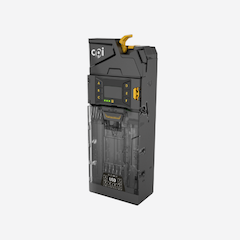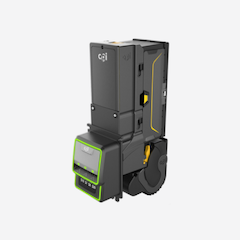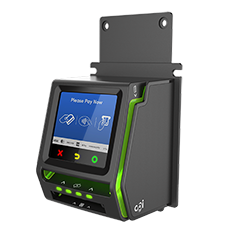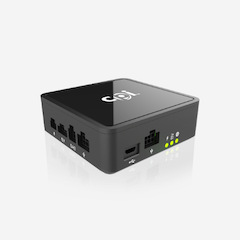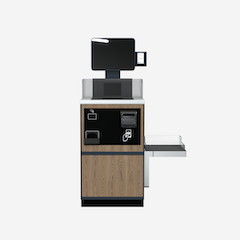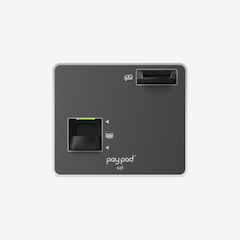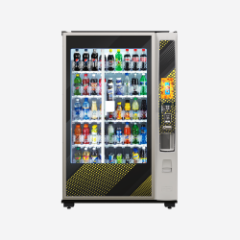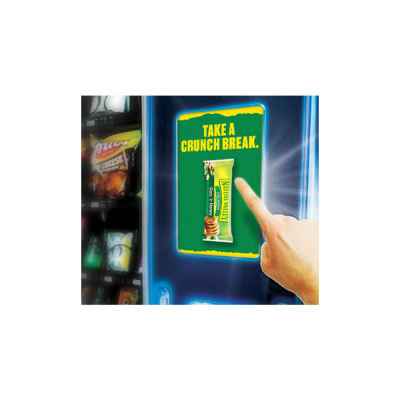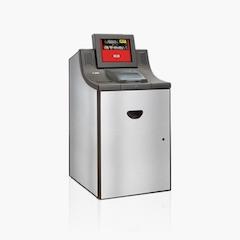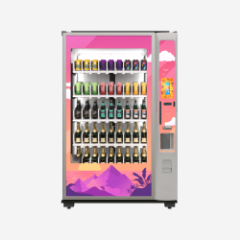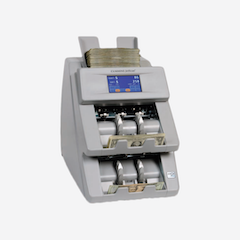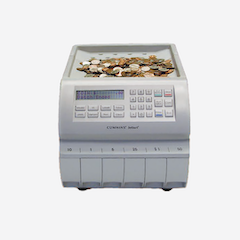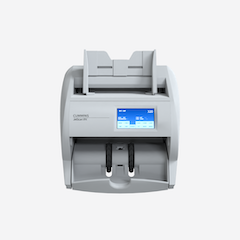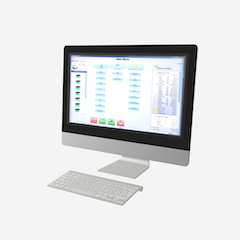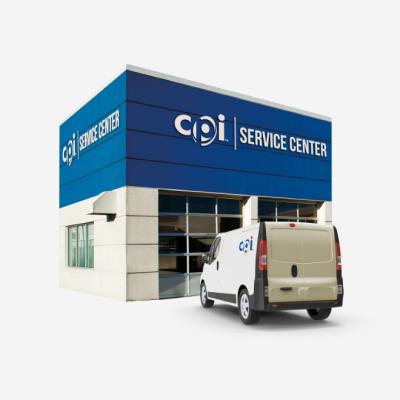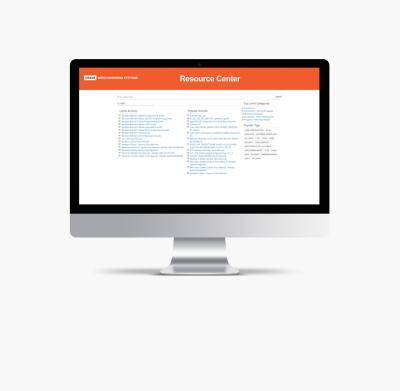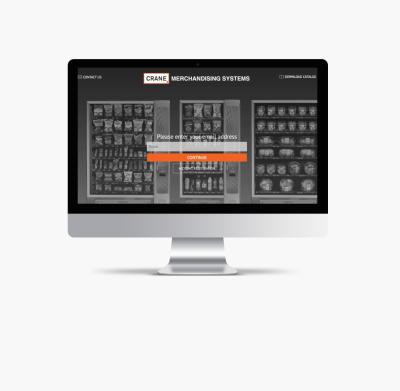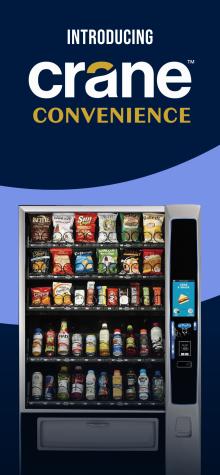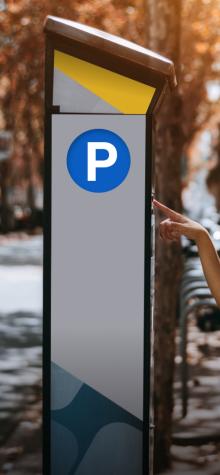Picture a repeat customer of a casino sitting down to play some slots. A few minutes into their session, they try inserting a $5 bill and encounter a jam. Instead of waiting for a technician to come troubleshoot, they decide to cut their losses and head home. Without proactive maintenance and quality equipment, this could become a frequent occurrence.
In the fast-paced world of casinos, operational efficiency translates directly into profitability and customer satisfaction. A particularly vexing issue that has long plagued casino floors is slot machine downtime, particularly caused by jamming. Beyond mere inconvenience, these interruptions have profound financial ramifications, denting both revenue streams and player experience. However, the advancement of technology and a strategic approach to maintenance can turn the tide, transforming operational challenges into opportunities for growth and customer loyalty.
The High Stakes of Downtime
Slot machines account for a significant portion of a casino's earnings, operating continuously at all hours. Consequently, even brief periods of downtime can result in substantial revenue losses. The direct impact is easily quantified – every minute a machine is out of service is a minute it isn't generating income. However, the indirect costs, often overlooked, can be equally, if not more, damaging. Player frustration stemming from machine jams or malfunctions can erode customer satisfaction and loyalty, potentially driving patrons to competitors. In today's digital age, negative experiences quickly find their way onto social media and review platforms, further amplifying their adverse effects.
Proactive Maintenance and Real-Time Monitoring
The axiom "prevention is better than cure" holds true in the context of slot machine uptime. Proactive maintenance, emphasizing regular checks and timely resolution of minor issues, can significantly reduce the incidence of jamming and other malfunctions. Additionally, real-time monitoring systems serve as an early warning mechanism, flagging potential issues before they escalate into full-blown jams that halt operations. These systems, equipped with advanced diagnostics, facilitate immediate intervention, thereby minimizing downtime and its associated costs.
Innovative Solutions on the Horizon
The evolution of technology heralds a new era in casino operations. Sophisticated software and hardware solutions, including IoT (Internet of Things) devices, offer unprecedented insights into machine performance and health. For example, sensors can detect and alert maintenance staff to irregularities in machine components that may signal an impending jam, enabling preemptive action. Furthermore, machine learning algorithms can analyze historical data to predict maintenance needs, optimizing the scheduling of service interventions to minimize disruption.
The Role of Cashless Payments
An exciting development in reducing slot machine downtime is the adoption of cashless payment systems like at-machine mobile payments. By offering multiple ways of payment, casinos can reduce the burden on existing cash products and directly address one of the primary causes of jams. Beyond improving operational efficiency, cashless technology enhances the player experience, offering convenience and seamless transactions that meet the expectations of modern consumers. In fact, studies by the American Gaming Association have shown that 87 percent of high-visitation, high-value customers would like to use some type of cashless gaming system . The transition to cashless gaming also opens doors to richer data insights, enabling casinos to tailor their offerings and marketing strategies to individual preferences.
Charting a Path Forward
The issue of slot machine downtime, while significant, is not insurmountable. Through a combination of proactive maintenance, real-time analytics, forward-thinking solutions, and the strategic adoption of cashless mobile payments, casinos can safeguard their operations against disruptions. The key to success lies in recognizing the importance of these challenges and committing to a comprehensive strategy that prioritizes efficiency, innovation, and customer experience. In doing so, casinos will not only boost their bottom lines but also secure lasting loyalty from their patrons, ensuring their continued competitiveness in an increasingly crowded and evolving marketplace.

